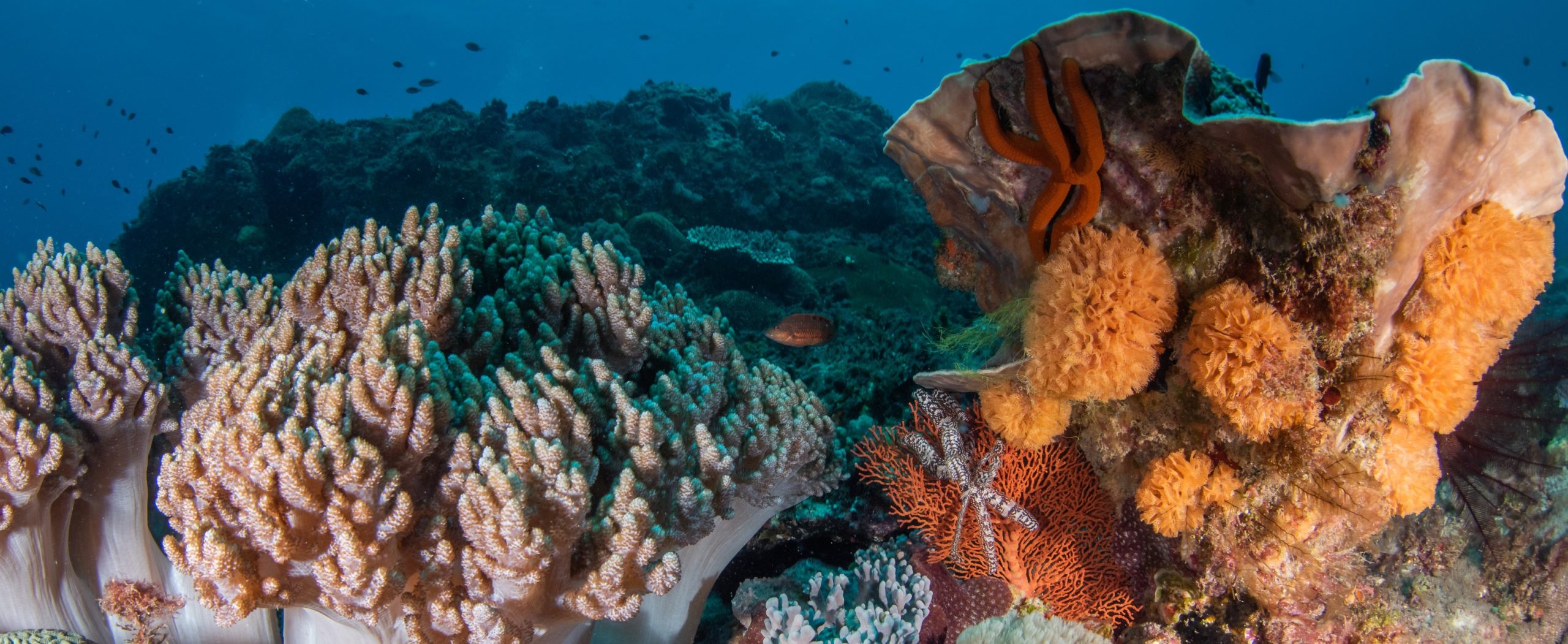Humans depend on earth’s ecosystems and in the Anthropocene, ecosystems are increasingly impacted by human activities. Sustainability—the long-term integrity of social–ecological systems—depends on effective environmental stewardship, yet current conceptual frameworks often lack empirical validation and are limited in their ability to show progress towards sustainability goals. In this study we examine institutional and local stewardship actions and their ecological and social outcomes along 7000 km of Australia’s coastline. We use empirical mixed methods and grounded theory to show that the combination of local and institutional stewardship leads to improved ecological outcomes, which in turn enhance social values and motivate further stewardship to form a virtuous cycle. Virtuous cycles may proceed over multiple iterations, which we represent in a new spiral model enabling visualisation of progress towards sustainability goals over time. Our study has important implications for collaborative earth stewardship and the role of policy in enabling virtuous cycles to ultimately realise sustainable futures.
